Staying hydrated during workouts is extremely important. It helps you maintain energy levels and prevents dehydration. The simplest drink to take during a workout is plain water, but there are other drinks that can also benefit you for a better workout. Read for some great choices.
What to Drink During Workout
Experts recommend drinking 150-250 ml of fluids every 15 minutes during workouts to replace fluid loss. But what to drink? The choice depends on the duration and intensity of your activity.
1. Plain Water
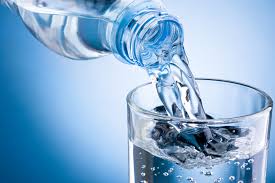 This is all you need if are exercising for up to an hour. Just drink about 8 oz of water every quarter hour. If you want to know how much water your body needs, weigh yourself sans clothes before and after workouts. This will give you an idea of how much weight you lose through sweating. Try to drink this amount to keep well hydrated during workouts.
This is all you need if are exercising for up to an hour. Just drink about 8 oz of water every quarter hour. If you want to know how much water your body needs, weigh yourself sans clothes before and after workouts. This will give you an idea of how much weight you lose through sweating. Try to drink this amount to keep well hydrated during workouts.
2. Flavored Water
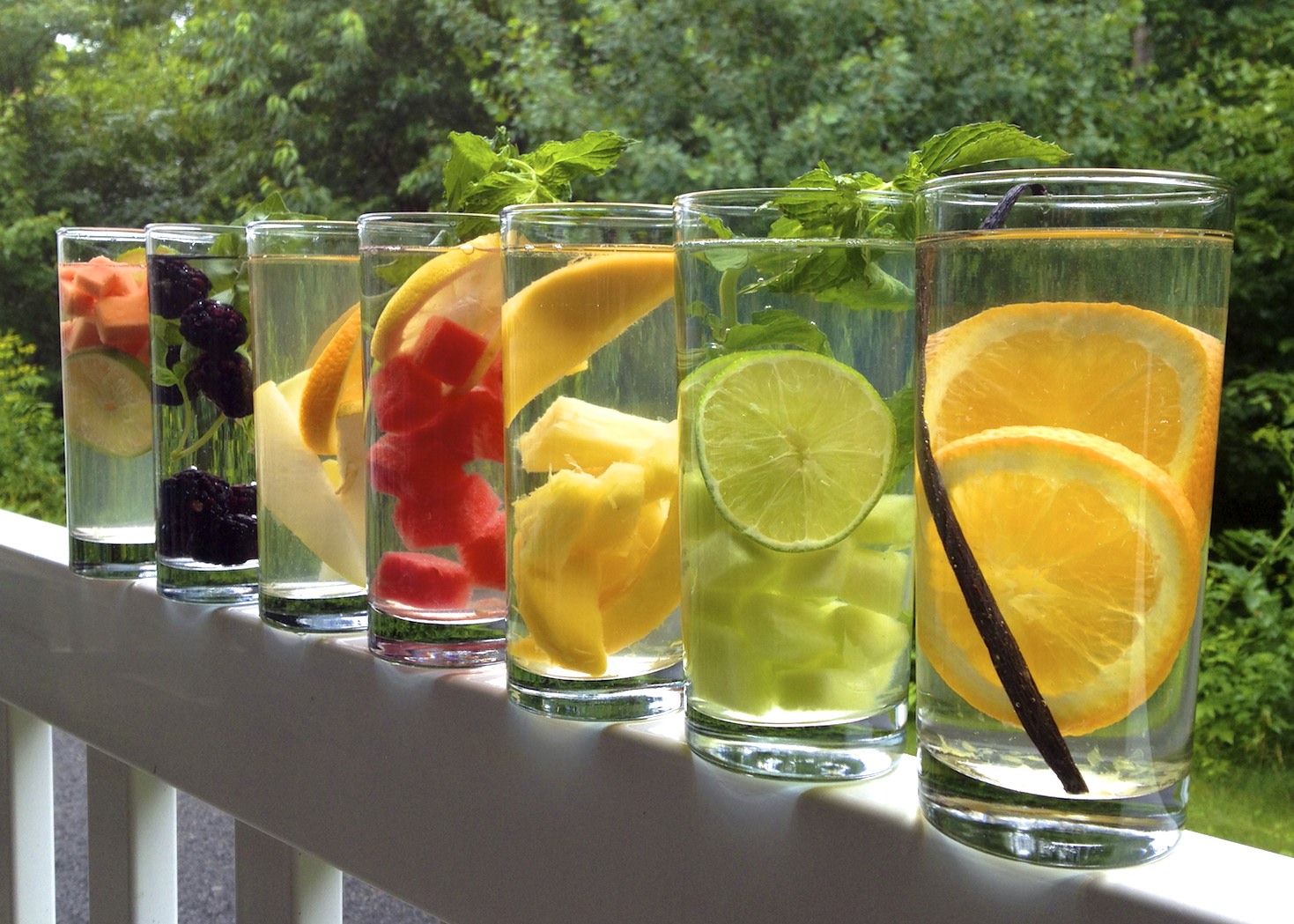 It may not be easy to gulp down lots of water during long workouts if you don't like to drink plain water. Then what to drink during workout besides water? Try flavored water. But be sure to check the product label for unnecessary ingredients such as too much sugar. You can also make your own flavored water by adding to water fruits like strawberry, lemon, or lime. This self-made version is healthy and has no extra calorie.
It may not be easy to gulp down lots of water during long workouts if you don't like to drink plain water. Then what to drink during workout besides water? Try flavored water. But be sure to check the product label for unnecessary ingredients such as too much sugar. You can also make your own flavored water by adding to water fruits like strawberry, lemon, or lime. This self-made version is healthy and has no extra calorie.
3. Sports Drinks
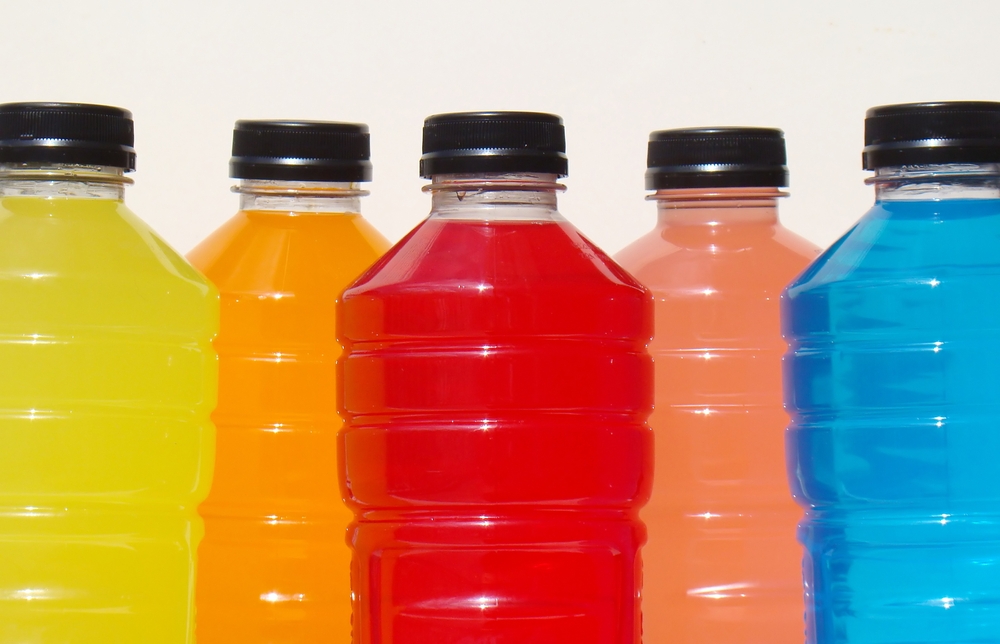 Commercial sports drinks are good to use when you are planning to exercise for more than one hour or on a hot and humid day. In these conditions, you need more than just hydration. You will need more carbohydrates and electrolytes which are depleted during long hours of exercise. Sports drinks contain sugars and electrolytes which help to restore your muscle reserves.
Commercial sports drinks are good to use when you are planning to exercise for more than one hour or on a hot and humid day. In these conditions, you need more than just hydration. You will need more carbohydrates and electrolytes which are depleted during long hours of exercise. Sports drinks contain sugars and electrolytes which help to restore your muscle reserves.
Commercial sports drinks are classified into 3 categories – isotonic fluids, hypotonic fluids and hypertonic fluids – based on content and concentration. What to drink during workout? In general, isotonic fluids and hypotonic drinks are the most commonly used during exercise.
|
Type |
What It Contains |
Uses |
|
Isotonic fluid |
Electrolytes, sugars (4-8%), fluid |
Fuel supply, fluid replacement |
|
Hypotonic fluid |
Low electrolytes, low in sugar (<4%), fluid |
Rapid fluid replacement |
|
Hypertonic fluid |
Electrolytes, high in sugar (>10%), fluid |
Glycogen replenishment after exercise |
4. Protein Shakes
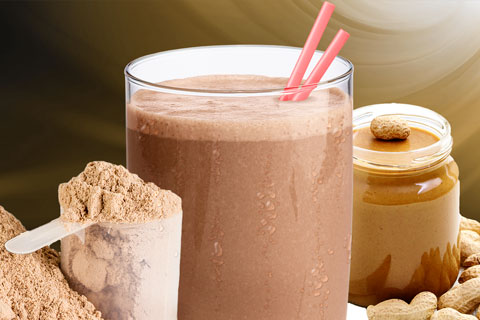 When exercising for prolonged periods, drinking protein shakes could help repair muscle damage. But if you don't want to have these heavy drinks during workout, they are recommended for post-workouts because protein promotes healing and muscle growth.
When exercising for prolonged periods, drinking protein shakes could help repair muscle damage. But if you don't want to have these heavy drinks during workout, they are recommended for post-workouts because protein promotes healing and muscle growth.
What About Other Drinks?
What to drink during workout? Besides the previous drinks, here are two controversial drinks for your consideration.
1. Vitamin Water
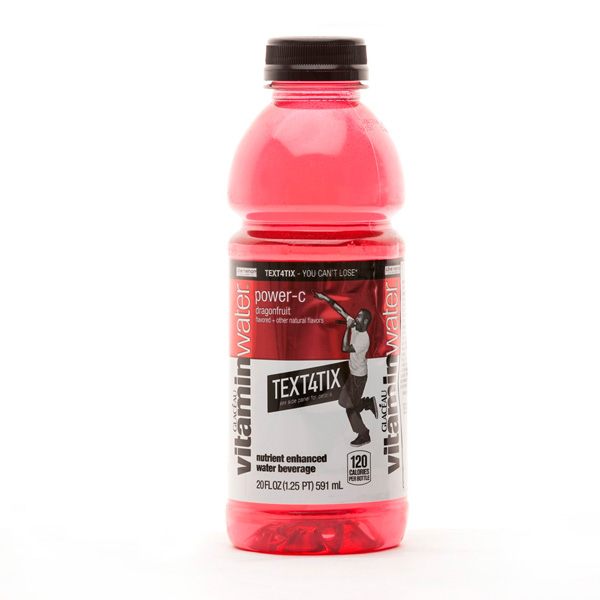 Although some people think it is healthy to add vitamins to water, some experts believe that the best way to get your vitamins is to eat whole foods, such as fruits and vegetables. Furthermore, nutrition experts also advise that people do not need supplements if they can acquire vitamins and minerals from a complete, healthy diet. But if you want to take vitamin water, think about these:
Although some people think it is healthy to add vitamins to water, some experts believe that the best way to get your vitamins is to eat whole foods, such as fruits and vegetables. Furthermore, nutrition experts also advise that people do not need supplements if they can acquire vitamins and minerals from a complete, healthy diet. But if you want to take vitamin water, think about these:
- Find out if alternative sweeteners have been added. Experts advise limiting the intake of alternative sweeteners, especially for children.
- Find out if you will be taking in too many vitamins, which could cause kidney problems.
- Find out if you might be happy with regular water flavored with lime, lemon, orange, strawberry or even green tea.
2. Energy Drinks
 Are energy drinks good during workout? These beverages may contain caffeine, sugar, and other chemicals which may not be healthy. For example, Red Bull contains 106 calories from carbohydrates, 193 mg sodium and a jolt of caffeine. Some experts believe that energy drinks can help improve stamina, alertness, concentration, motor skill, and endurance. However, too much caffeine can cause jitters which can make exercisers become uncomfortable.
Are energy drinks good during workout? These beverages may contain caffeine, sugar, and other chemicals which may not be healthy. For example, Red Bull contains 106 calories from carbohydrates, 193 mg sodium and a jolt of caffeine. Some experts believe that energy drinks can help improve stamina, alertness, concentration, motor skill, and endurance. However, too much caffeine can cause jitters which can make exercisers become uncomfortable.
Other ingredients added to some energy drinks include:
- Taurine, a substance similar to amino acid but not a component of protein.
- Glucuronolactone, a compound believed to counter fatigue.
- Ginkgo biloba, a substance believed to help prevent cognitive decline.
- Ginseng, a substance thought to promote energy and alertness.
- Guarana, a stimulant that is considered a "herbal caffeine".
There are no solid evidences proving the benefits of these substances, so it is best to take products containing these in moderation.
